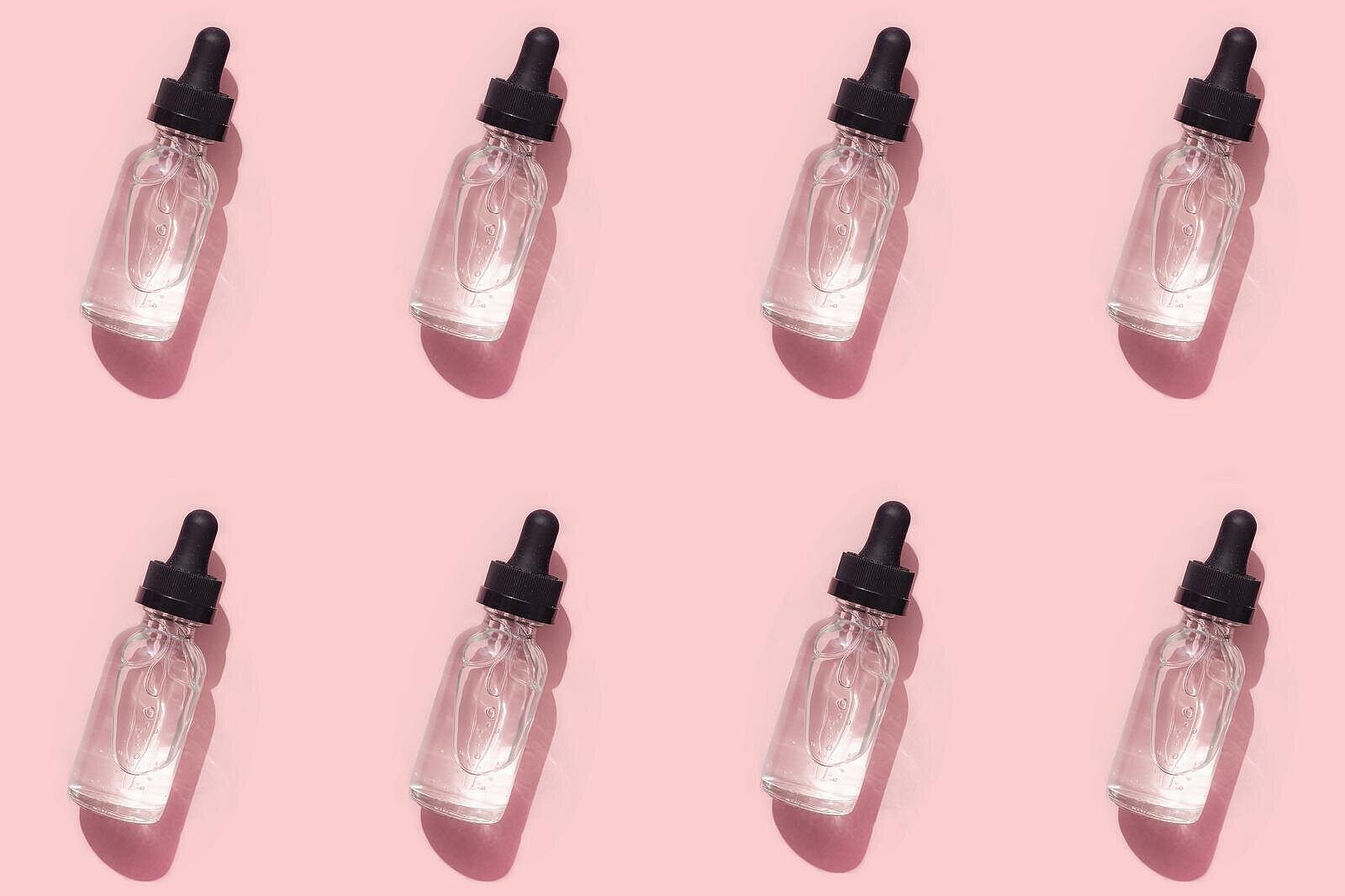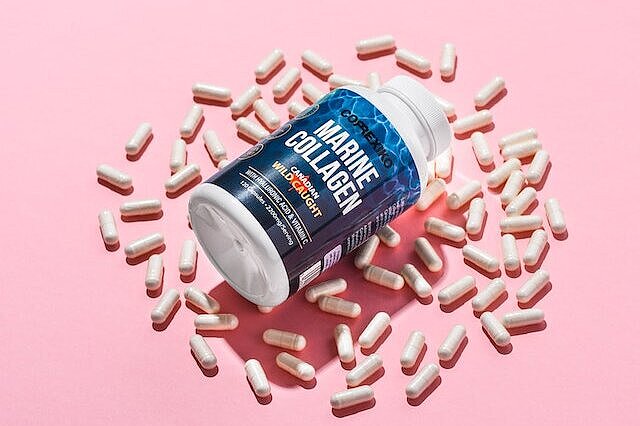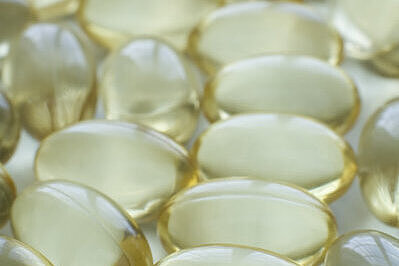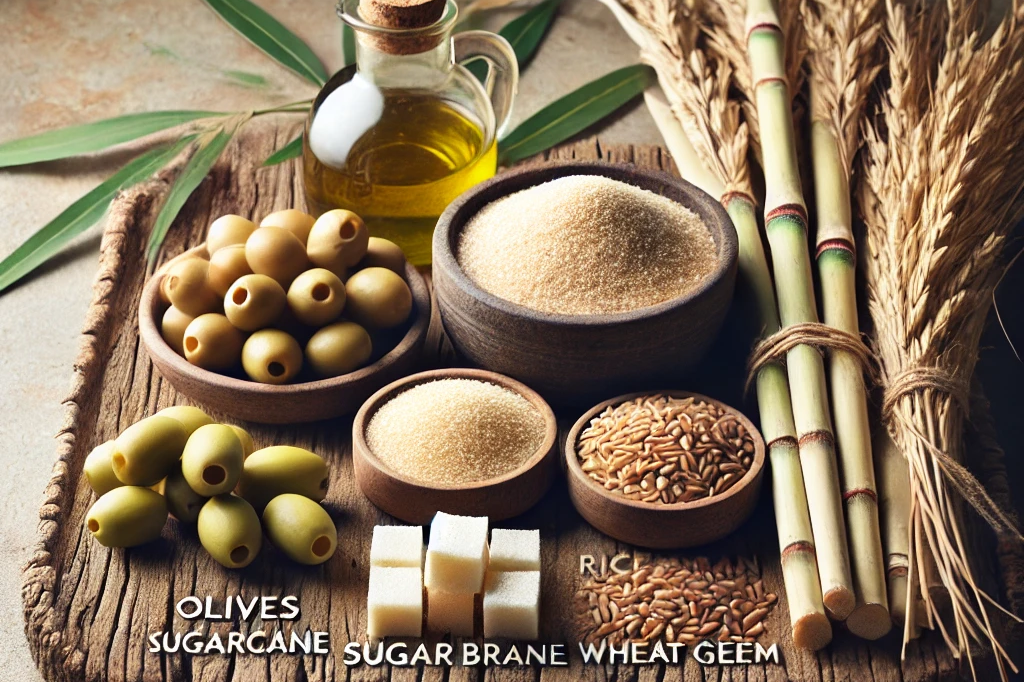Elastin

Elastin is not a typical dietary supplement or a widely used ingredient in dog nutrition, and there are significant reasons why it is not common in pet diets. Elastin is a protein in connective tissues that keeps skin, lungs, arteries and other organs elastic and flexible. It is crucial for the functionality of these tissues in the human and animal body. While elastin has applications in the human cosmetic and medical industry, particularly in skin care products and anti-aging treatments, its role in animal nutrition is limited and specific.
In dog nutrition, direct supplementation with elastin is not common or recommended, as dogs get the protein and amino acids they need best from a balanced diet of high-quality protein sources. Such a diet naturally supports the health of their connective tissue, including the production and maintenance of elastin.
Benefits of elastin in general health
Elastin helps to keep your dog's skin supple and supports the function of important organs through its unique ability to stretch and return to its original shape. Healthy connective tissue, supported by an adequate supply of all the necessary nutrients, is crucial for your dog's physical activity and general well-being.
Disadvantages and risks of elastin supplementation
Direct supplementation with elastin or elastin-rich products is not without risks for dogs. Firstly, there are no established guidelines or recommendations for elastin supplementation in animal nutrition. Secondly, products containing elastin may also contain other substances or contaminants that could be unsafe for dogs. Finally, supplementation with specific proteins or amino acids is not advisable without a clear medical indication or supervision by a veterinarian.
The importance of a balanced diet
A complete and balanced diet is key to supporting the natural production and maintenance of elastin and other important proteins in your dog's body. High quality protein sources, vitamins and minerals contained in a well-formulated dog food will help to promote skin health, tissue elasticity and overall body condition.
Instead of looking for direct elastin supplements, you should focus on providing a balanced diet that gives your dog all the necessary building blocks for healthy connective tissues. A combination of high-quality proteins, essential fatty acids, vitamins and minerals will naturally support your dog's health and well-being. If you have concerns about your dog's skin or connective tissue health, it's always best to consult a veterinarian who can make individualized recommendations based on your dog's specific needs.
If you notice any signs of hypersensitivity or poisoning in your dog, you should see your vet immediately. We are not a substitute for a vet, but we try to be as accurate as possible. Every dog reacts differently and we recommend you get a second opinion or consult your vet if in doubt.
Stay healthy and take good care of your four-legged friend!😊
Similar to Elastin
Hyaluron has various positive effects for your dog. Firstly, it supports skin health and can help with dry, flaky or inflamed skin. Hyaluron moisturizes and promotes wound healing. It can also make...
What is collagen? Collagen is a protein that is made up of amino acids. There are different types of collagen, which differ in their structure and function. The most common are types I, II and III,...
Glycerine is a colorless, sweet-tasting, viscous liquid obtained from vegetable or animal fats. It is also called glycerine or glycerol and belongs to the alcohols. Glycerine is used in a variety of...
Squalane is a saturated and stable form of squalene, a natural lipid originally derived from shark liver oil. Today, however, squalane is predominantly produced from plant sources such as olives,...



